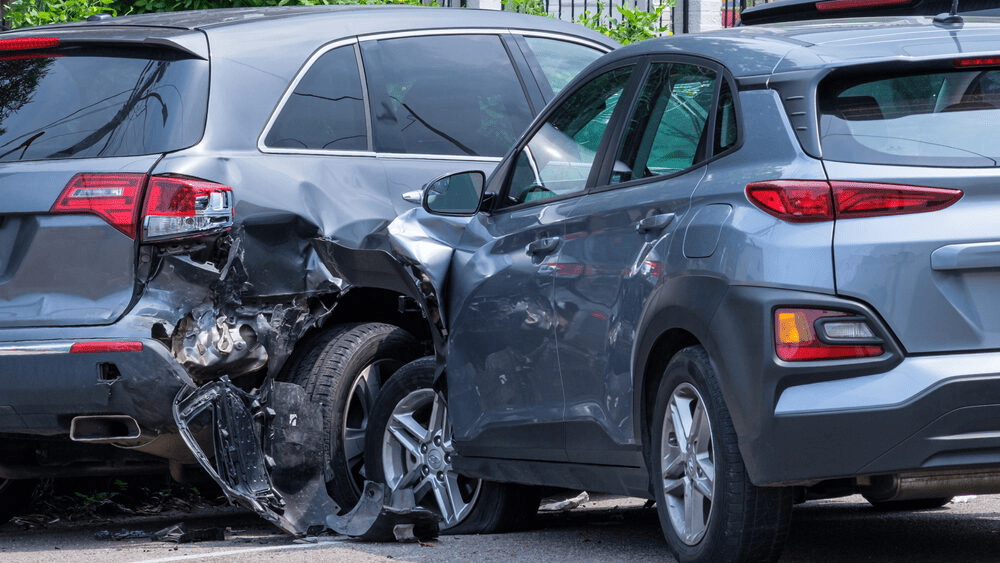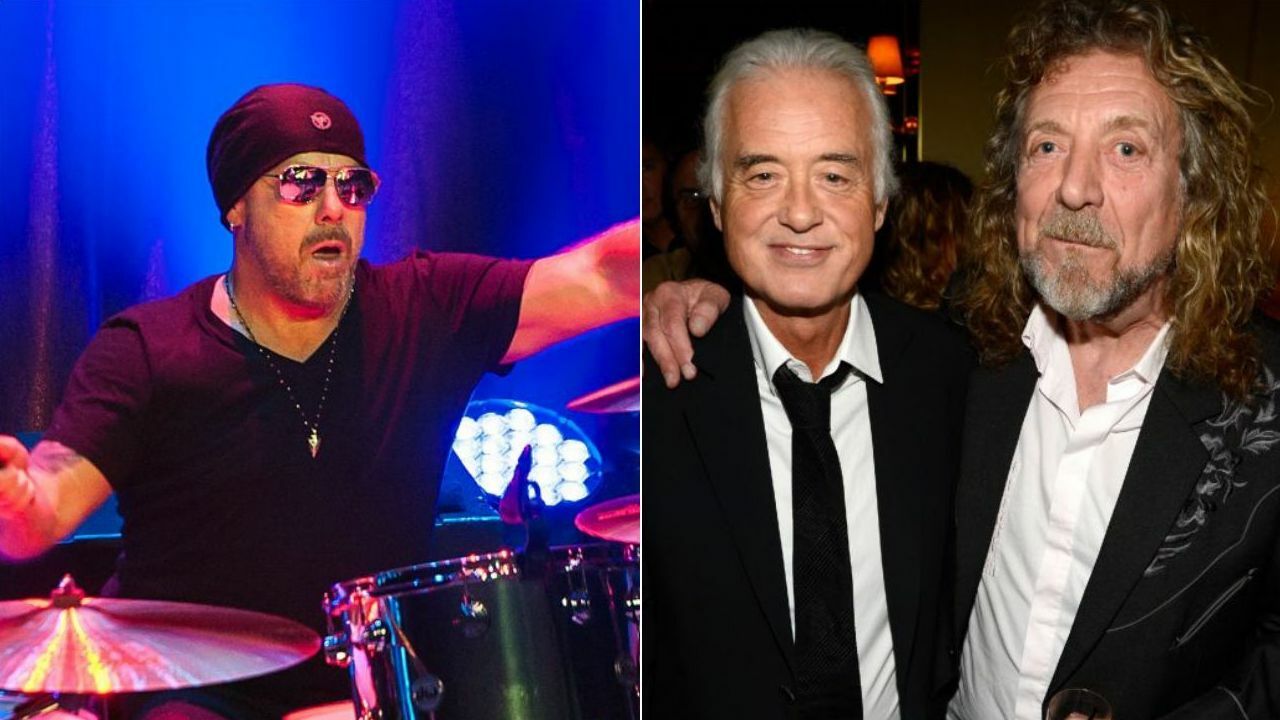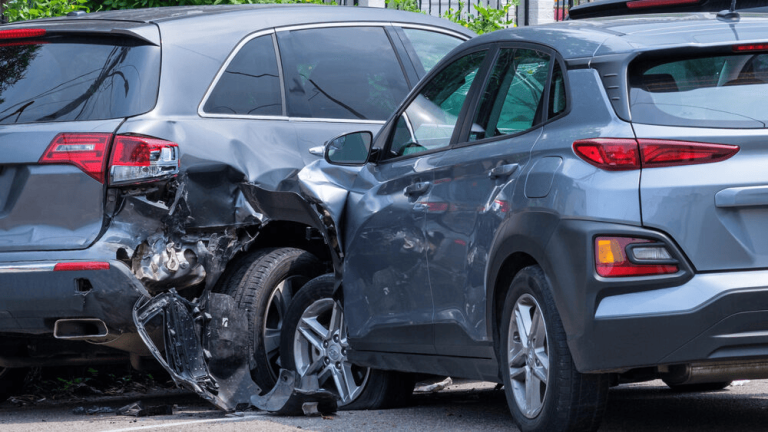
In April 1971, the BBC current affairs show 24 Hours ran a short film about bootleg albums – then an emerging problem for the music industry – and spoke to two band managers whose names would become synonymous with the battle against illicit recordings: Led Zeppelin’s Peter Grant and Pink Floyd’s Steve O’Rourke.
In April 1971, the BBC current affairs show 24 Hours ran a short film about bootleg albums – then an emerging problem for the music industry – and spoke to two band managers whose names would become synonymous with the battle against illicit recordings: Led Zeppelin’s Peter Grant and Pink Floyd’s Steve O’Rourke.
“The latest fad to hit the pop world is bootlegging, the illegal production of records of music by top groups by backstreet manufacturers,” intones the show’s host, in perfect BBC English. “These illegal records are made from tapes secretly recorded at live concerts by well-known groups at big pop festivals.”
“A few weeks ago they were being sold under the counter, like dirty books,” he adds. “Now, they’re being sold openly.”

Peter Grant, introduced as manager of “The Led Zeppelin”, claims that the band have lost between $150,000 and $200,000 as a result of bootleg activity, while fixing the reporter with the kind of stare that suggests he’s not a man to be trifled with. Grant then reveals that the famed Blueberry Hill bootleg was recorded via radio transmitters placed inside the Forum in Los Angeles, with the signal subsequently broadcast to a mobile recording studio in the car park.
“I personally confiscate the records,” he says. “I just walk in and take them. They’re not going to get anyone heavier than me, are they?”
24 Hours then speak with bootleg importer Jeffrey Collins, who claims that he no longer sells Led Zeppelin bootlegs after reaching an agreement with Grant, but has been given official managerial approval to sell covert recordings of Pink Floyd.

“The latest fad to hit the pop world is bootlegging, the illegal production of records of music by top groups by backstreet manufacturers,” intones the show’s host, in perfect BBC English. “These illegal records are made from tapes secretly recorded at live concerts by well-known groups at big pop festivals.”
“A few weeks ago they were being sold under the counter, like dirty books,” he adds. “Now, they’re being sold openly.”
Peter Grant, introduced as manager of “The Led Zeppelin”, claims that the band have lost between $150,000 and $200,000 as a result of bootleg activity, while fixing the reporter with the kind of stare that suggests he’s not a man to be trifled with. Grant then reveals that the famed Blueberry Hill bootleg was recorded via radio transmitters placed inside the Forum in Los Angeles, with the signal subsequently broadcast to a mobile recording studio in the car park.
